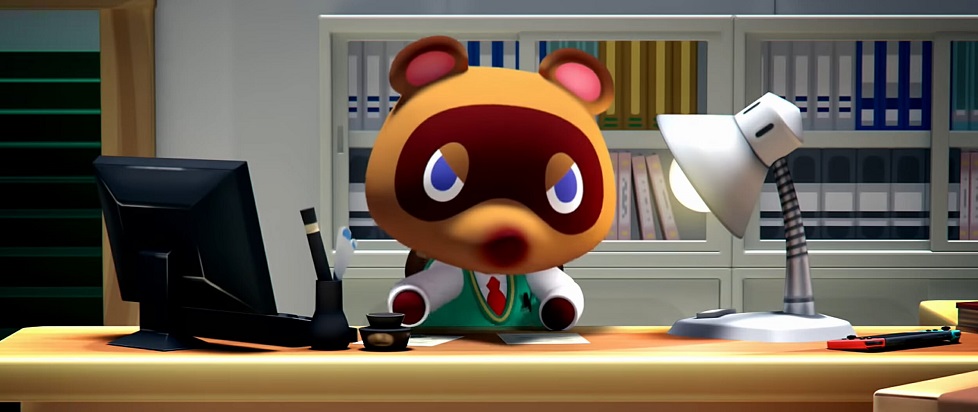
Picking Fruit in Hyrule: Playing Breath of the Wild Like It’s Animal Crossing
This excerpt is from a feature story in Unwinnable Monthly #124. If you like what you see, grab the magazine for less than ten dollars, or subscribe and get all future magazines for half price.

Starting to play, night turns to day in the game. Then I pick fruit from the trees. Big, bright yellow bananas. There’s something soothing about this harvest, even meditative. But the approach of some threatening figures breaks the calm. I run, heading for the cliff’s edge. I jump off and activate my paraglider, easily making my aerial escape – because this isn’t one of many Animal Crossing games, it’s Legend of Zelda: Breath of the Wild.
Both Animal Crossing: Pocket Camp and Breath of the Wild were Nintendo titles released in 2017, and each one continued their respective franchises. Pocket Camp still lets players experience an adorable social sim set in nature, and Breath of the Wild laid out another quest to defeat Ganon and save Hyrule. They also introduced new elements, but while Breath of the Wild received praise for its share of divergences, Pocket Camp garnered more mixed reactions.
Though Pocket Camp represented Animal Crossing making the jump to mobile, it still felt surprising how much it incorporated microtransactions. For instance, it wasn’t shy about being free-to-play with various forms of in-game purchases and time limits that could be sped through with real cash. The social sim aspects that have been a hallmark for the series felt bluntly transactional, with animal friends only visiting players’ campsites if they had furniture they liked. Granted, Pocket Camp didn’t mark the first time Animal Crossing asked people to pay beyond a one-time purchase, with amiibo figures and cards embedded in the franchise’s history. But Pocket Camp’s approach to the mobile monetization trend felt even farther away from the original Animal Crossing.

Then again, even that first game featured Tom Nook’s now-infamous loans. While all in-game currency then, it left an impression that’s gained more meaning as time has progressed, and has fostered some unfortunate implications. Still, the first Animal Crossing felt brighter. Narratives of runaway capitalism aside, the original game was a one-time purchase. No possibility for constant monetization throughout the game, just living in your rural village with your animal friends, where you can dig up fossils to donate to the museum or catch bugs or pick fruit while the weather changed from snowy to sunny.
If players found Pocket Camp lacking, and still want an Animal Crossing experience closer to their memories of the first game without replaying it, they can find it in the flexibility of Breath of the Wild.
———
Alyssa Wejebe is a writer and editor covering the wide world of arts and entertainment. Her work has appeared in Cliqist, New Normative, TechRaptor, ArtStation Magazine, Goomba Stomp, and WeAnimate Magazine. You can follow her on Twitter @AlyssaWejebe.
You’ve been reading an excerpt from Unwinnable Monthly Issue 124.
To read the article in its entirety, please purchase the issue from the shop or sign up for a subscription to Unwinnable Monthly!




